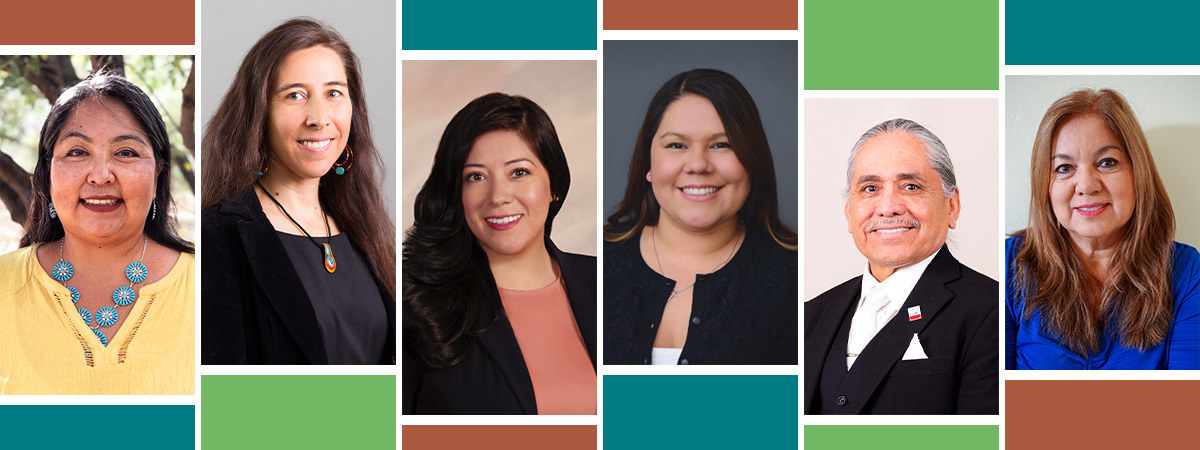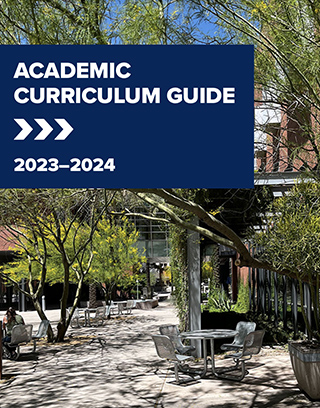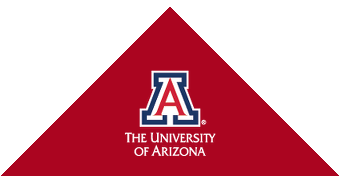
The Native American faculty team for our Certificate in Indigenous Health includes, from left to right: Agnes Attakai, MPA, Stephanie Russo Carroll, DrPH, MPH, Felina Cordova-Marks, DrPH, MPH, Tara Chico-Jarillo DrPH, MPH, John Ward Molina, MD, JD, LHD, and Silvia Parra.
Overview
Developed and implemented by public health experts with extensive experience of working with Indigenous populations locally and globally, the objective of the Graduate Certificate in Indigenous Health is to equip health professionals with skills and competencies that are necessary to engage in evidence-based public health practice at the leadership, management, and supervisory levels.
About the Program
Indigenous communities, peoples and nations are those which, having a historical continuity with pre-invasion and pre-colonial societies that developed on their territories, consider themselves distinct from other sectors of the societies now prevailing in those territories, or parts of them.[1]
There are approximately 300–500 million people across the globe who are variously identified as Indigenous, including about 5000 distinct groups in more than 70 countries.[2] Indigenous health examines health and wellbeing of Indigenous Peoples with emphasis on Indigenous models and frameworks that are rooted in culture, language, identity, place and community history. Indigenous communities in the United States and globally have disproportionately worse health outcomes than the general population. Resource constraints and the continual evolution of public health threats compound existing health inequity for these communities, and raise constant challenges to public health personnel. In spite of these unique challenges, there are few public health training programs that are specifically designed to increase the capacity of current and future public health workforce for Indigenous communities.
Program Faculty
- Agnes Attakai, MPA Navajo
- Stephanie Russo Carroll DrPH, MPH Ahtna
- Felina Cordova-Marks DrPH, MPH Hopi
- Tara Chico-Jarillo DrPH, MPH Tohono O’odham
- John Molina, MD, JD, LHD Pascua Yaqui
- Silvia Parra Tohono O’odham
[1] Martinez Cobo, J. 1982. Study of the Problem of Discrimination Against Indigenous Populations Final Report. Available at https://www.un.org/development/desa/indigenouspeoples/publications/martinez-cobo-study.html [Last date accessed 9 March 2019].
[2] United Nations. 2009. State of the World’s Indigenous Peoples. Unknown. Available at https://www.un.org/esa/socdev/unpfii/documents/SOWIP/en/SOWIP_web.pdf [Last accessed 28 August 2018].
View the Indigenous Health Curriculum
Learning Objectives
Upon completion of the certificate, students should be able to:
- Analyze Indigenous epistemologies and methodologies as they relate to public health.
- Evaluate the value of innovative administrative strategies to improve health within the Indian Health Service.
- Appraise different tribal and border health service provision models and approaches and the implications of these health care systems on health status.
- Assess and interpret knowledge to develop relevant and meaningful administrative and policy options to improve indigenous health.
- Conduct evaluation of public health programs using evaluation frameworks and approaches that align with Indigenous ways of knowing, frameworks, and cultural paradigms
Who Should Attend?
Designed to be offered entirely online for the working professional, the primary targets of the Graduate Certificate in Indigenous Health are graduate students, physicians, nurses, social workers, psychologists, dentists, nutritionists, speech and language pathologists, health educators, physical therapists, occupational therapists, and other public health professionals. Participants can complete the certificate in as little as one academic year.







